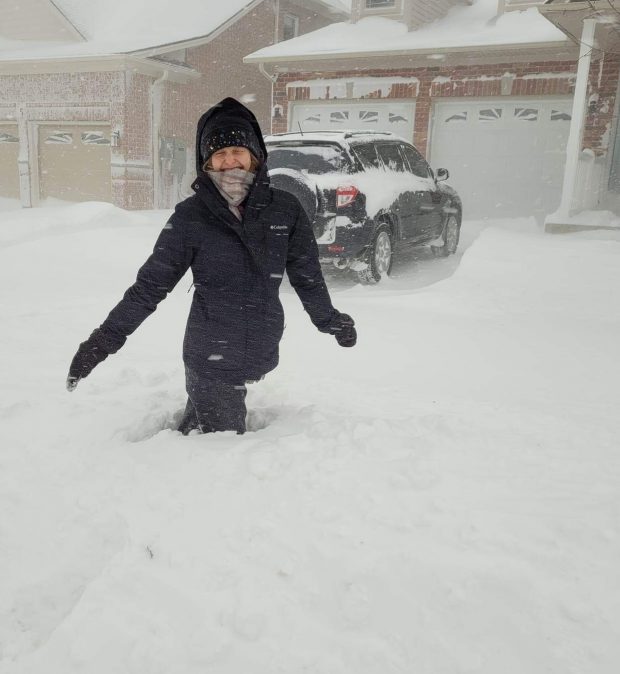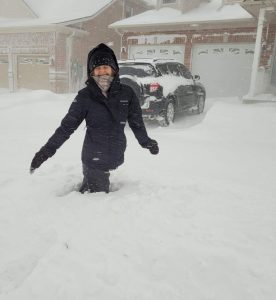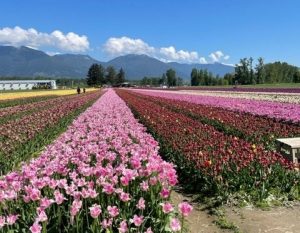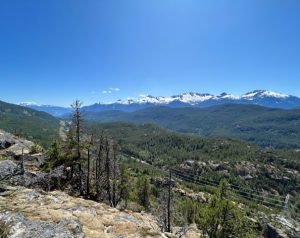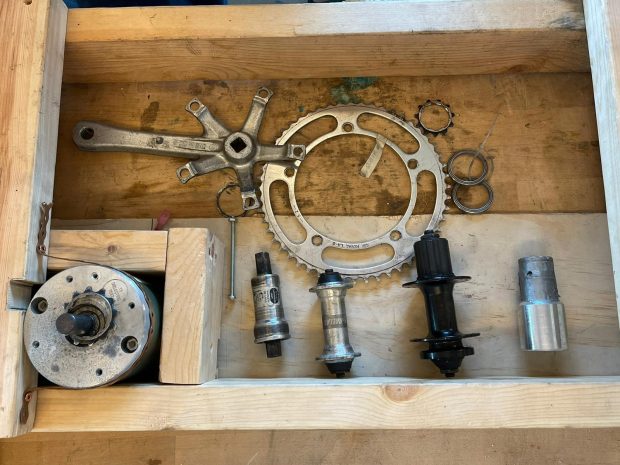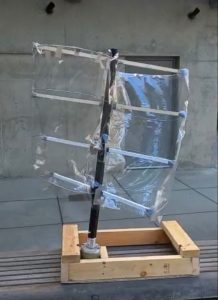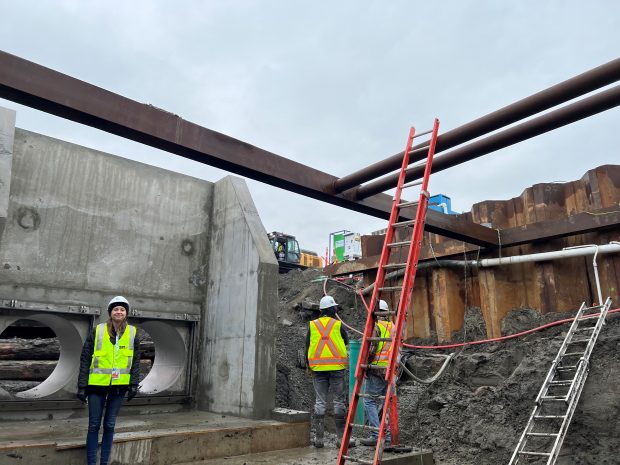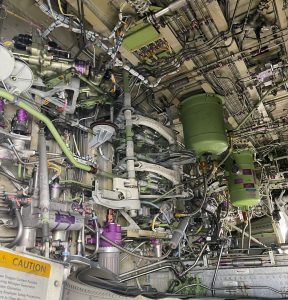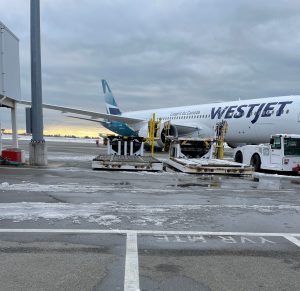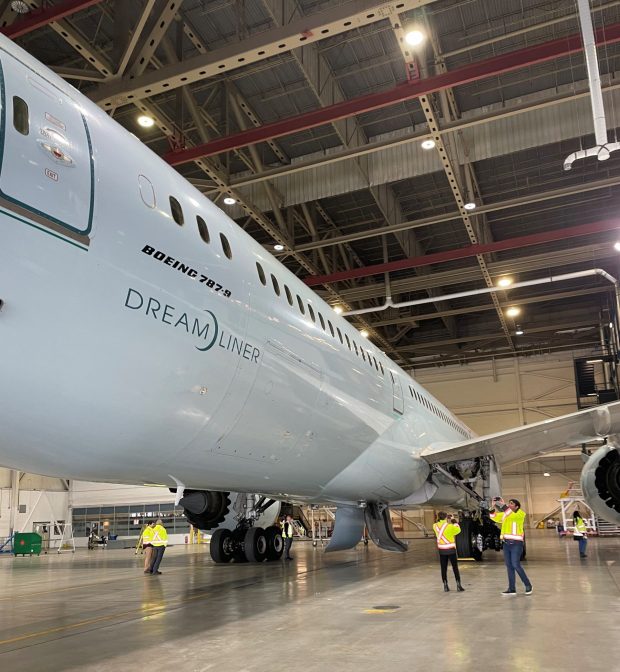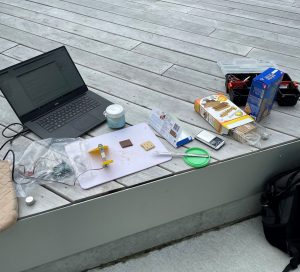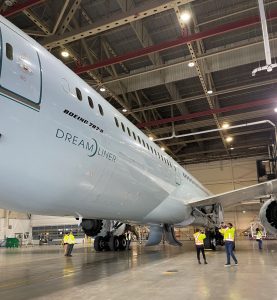Vancouver winters. They may not be full of snow and ice storms like the rest of Canada, but they do involve a severe lack of sun and no shortage of rain. Coming from Ontario, I honestly thought winters on the west coast would be a joke. And although temperatures don’t dip far below 0℃, dealing with the constant rain and zero sunshine can really get to you. Especially when the winter is also packed with assignments, midterms, exams… It can be difficult to adjust to after growing up outside of Vancouver, so I thought I’d share some things I find helpful when dealing with rainy season.
Proper Rain Gear
This cannot be stressed enough. A good pair of waterproof boots or shoes and a rain jacket go a long way. An umbrella might be nice, however, it can get pretty windy on campus. I have struggled with too many umbrellas and after their ultimate destruction, I decided to stick with the rain coat. If you can find a waterproof / water resistant backpack, that can be quite helpful as well. Otherwise, some people buy waterproof backpack covers to keep their stuff dry.
Warm Drinks
In the hot summers, it can be uncomfortable to try to enjoy warm beverages. Personally, I’m a hot drink person. Coffee, tee, hot chocolate, apple cider… I just love to curl up in some blankets and enjoy something toasty. This is something the winter is awesome for! Appreciate that you have the time to aesthetically sit with your tee and stare out the rain-streaked window.
Explore Indoor Attractions
In the summer, there’s plenty of outdoor activities to enjoy. So, use the time in the winter to enjoy some of the indoor ones! From museums both on and off campus, galleries and more, I think some of Vancouver’s attractions are often overlooked.
Still Dress Warm…
Don’t be fooled. Even though temperatures may read above 0℃, I find it feels colder. I’m used to feeling some -30℃ temperatures (poor high school Emily waiting for the bus in her school uniform kilt), so I tend to dress pretty relaxed (long sleeve, light coat). But man, it really feels so much colder. I learned pretty quickly to ditch my “Vancouver isn’t cold” pride and start dressing warmer than I thought was necessary.
Appreciate the Rain
Isn’t it kinda cool that water just like… falls from the sky? Spend time enjoying the rain. It’s still important to get outside and get some fresh air, so gear up, step outside, and have fun splashing through the puddles.
Give yourself breaks!
When the weather isn’t nice, it’s easy to just spend all day inside studying. Going for a walk to give yourself a break doesn’t sound like a nice option anymore, so some people find themselves stuck studying all day. Don’t get stuck. Even if you don’t want to go for a walk in the rain (although I think rain walks are underrated), you can still take breaks by watching an episode of a show, eating a snack while not staring at your laptop, or something else indoors.
So, there you have it. An Ontarian’s take and tips on Vancouver winters. Again, I advise you to not underestimate the rainy season, and the impact it can have on your mental health. But for now, enjoy the summer while it’s here!
